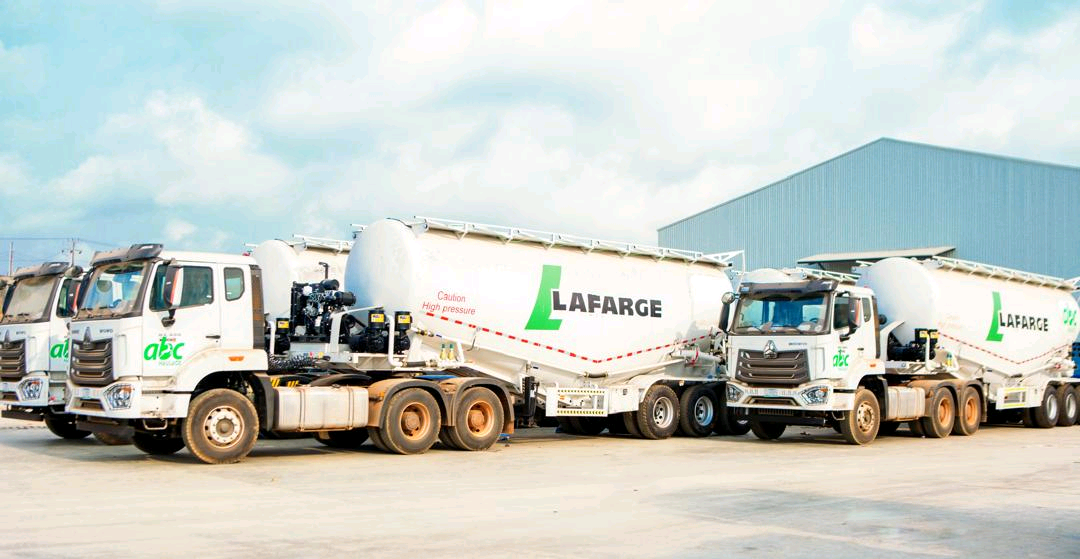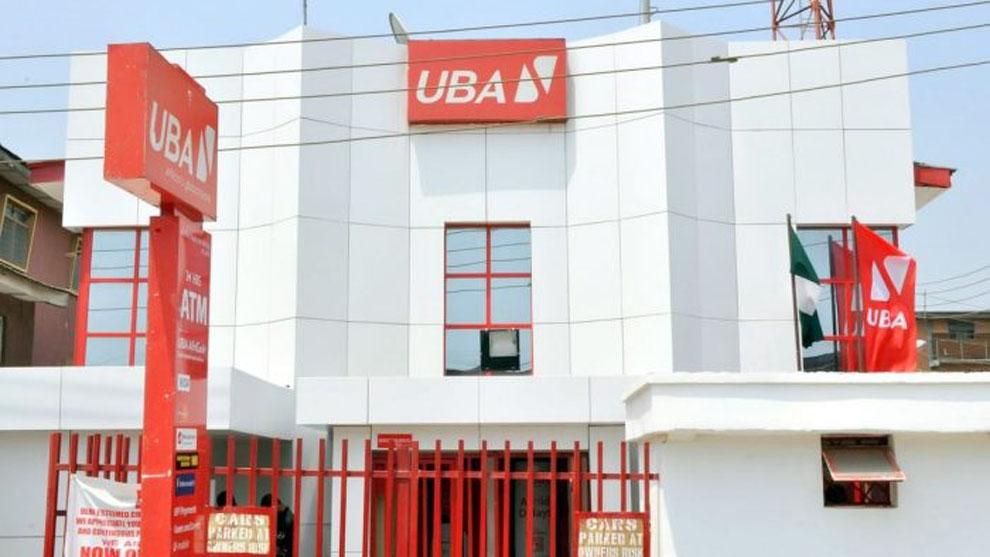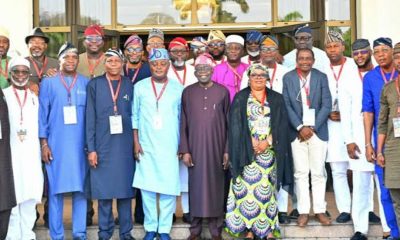ABC Transport CNG trucks, cargo, others excite investors as stock rises 22%
ABC Transport Plc has experienced a significant increase in its stock performance with the company’s shares rising by 22% year-to-date, climbing from N1.23 at the start of January to N1.50 on March 11, 2025.
This has thus elevated the company’s market capitalization from N2.942 billion to N3.588 billion over the same period.
Analysts attribute this positive momentum to ABC Transport’s strategic diversification initiatives, notably its substantial investment in Compressed Natural Gas (CNG) trucks and the establishment of ABC Cargo Limited, a fully independent logistics division.
Over the past six months, ABC Transport has invested over N8 billion in acquiring CNG-powered and other specialized trucks, underscoring its commitment to sustainable and cost-effective transportation solutions.
This move not only reduces the company’s carbon footprint but also lowers operational costs by decreasing reliance on diesel fuel. The adoption of CNG technology represents a crucial step in ABC Transport’s sustainability journey, aligning with global environmental standards.
In a bid to diversify its service offerings, ABC Transport launched ABC Cargo Limited, an autonomous logistics division.
This new entity is poised to enhance the company’s market presence in the logistics sector, providing specialized services that cater to the evolving needs of clients across Nigeria and the West African region.
The company’s recent financial results have further bolstered investor confidence.
For the fiscal year ending December 31, 2024, ABC Transport reported a pre-tax profit of N634.7 million, a remarkable turnaround from the pre-tax loss of N260.1 million recorded in 2023.
Total revenue surged to N12.6 billion from N7.1 billion in the previous year, with significant contributions from loads and waybills (₦4 billion), sales of vehicle spares and speed governors (N2.8 billion), and haulage operations (N2.8 billion).
Speaking on these developments, the company’s Managing Director, Mr Jude Nneji, commended that the ABC’s leadership had also taken other strategic steps towards sustaining growth in these new segments.
For instance, he said it had invested heavily in a new maintenance facility in Calabar and also improved its driver training facilities.
These strategic initiatives and robust financial performance have positioned ABC Transport favorably in the market, reflecting a strong buy trend that commenced in 2024 and has persisted into 2025.
As the company continues to innovate and expand its operations, it remains a focal point for investors seeking sustainable and profitable opportunities in the transportation and logistics sector.





























